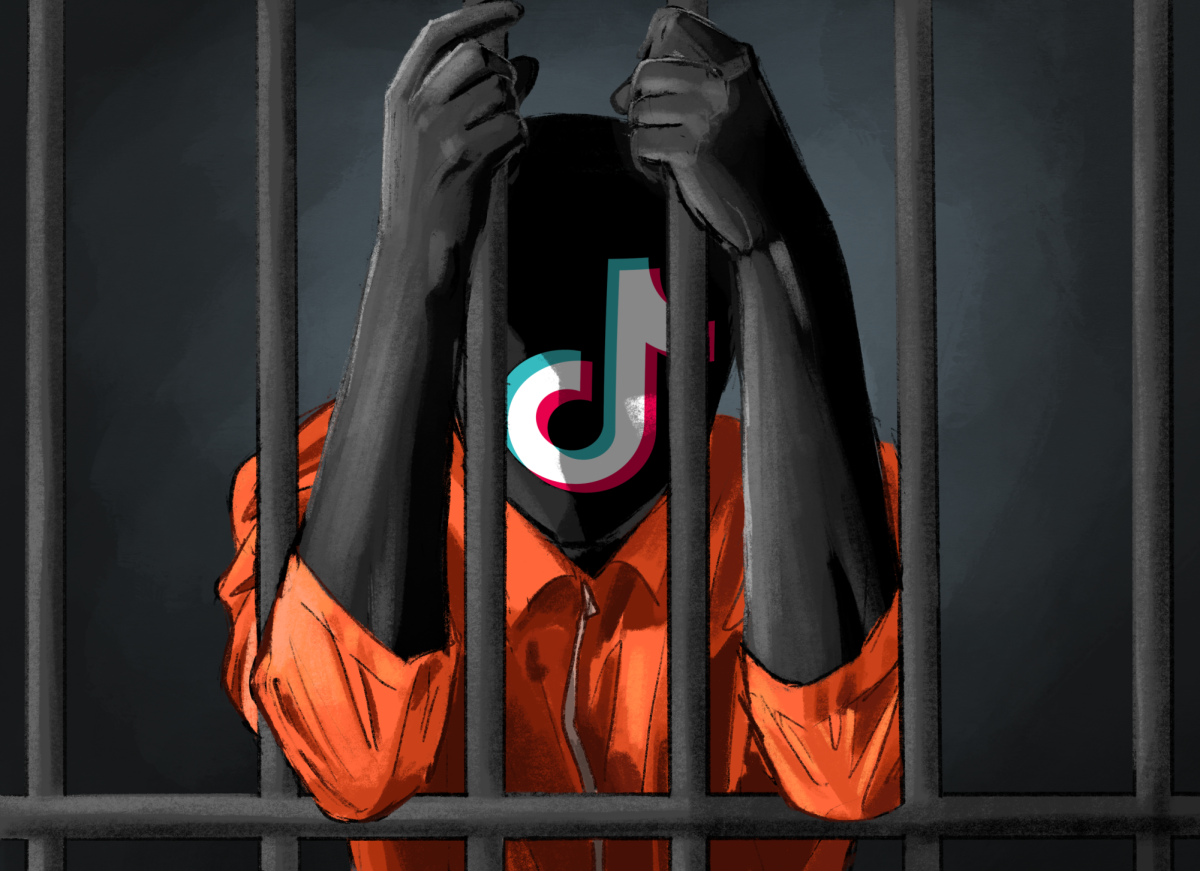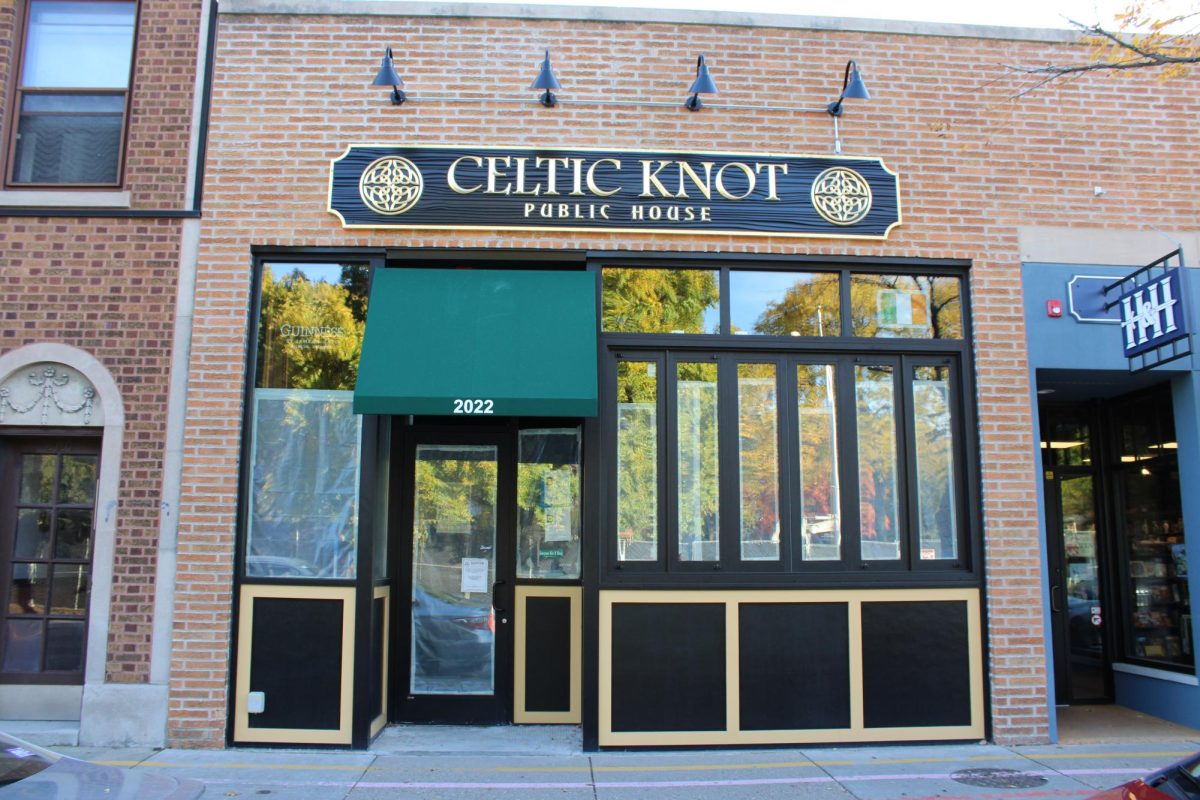The Oct. 30 city council meeting commenced with a budget discussion, primarily concerning the proposed City budget for 2024. The discussion of a potential property tax levy was postponed until a special city council meeting held on Nov. 6. At that meeting, it was decided that the tax levy ordinances would be introduced to the Council on Nov. 13, with expected adoption on Nov. 27. Discussions surrounding the Fiscal Year 2024 Budget were also proposed until the Nov. 13 meeting.
The proposed 2024 budget is around $449 million, a $51.8 million increase from the 2023 budget, and was introduced on the City’s website on Oct. 10. The city council aimed to generate a lot of discussion surrounding the proposed budget – a public budget hearing was held on Oct. 23, and individual ward and town hall meetings were held to receive additional feedback.
The next item on the agenda was the proposed ordinance 109-O-23. The ordinance amends City Code Section 3-2-14-3 to increase the liquor tax rate for amusement events with over 5,000 attendees. This increases the standard six percent tax on all alcoholic beverages sold to a twelve percent tax. The revenue from this tax increase would help offset costs to the city associated with large events, including traffic congestion, parking, and the need for an elevated police and security presence.
This new liquor tax would apply to the Welsh Ryan Arena and Ryan Field, but would not apply to Out of Space (as their space doesn’t accommodate over 5,000 guests).
“It’s designed to only apply to the kinds of venues that nobody’s going to choose whether or not to go based on the liquor tax,” said Mayor Daniel Biss when comparing this new liquor tax to one of Chicago’s. “No one’s going to say ‘Well I would go to the Northwestern football game but I’m going to Columbus instead for a different Big 10 game because of the liquor tax.’”
The ordinance eventually passed with six council members voting in favor and two voting against. The new law took effect on Nov. 13.








